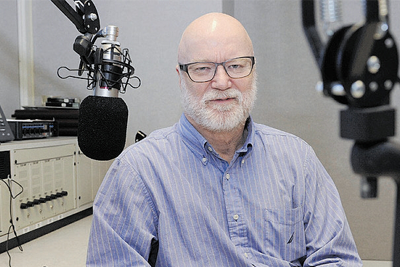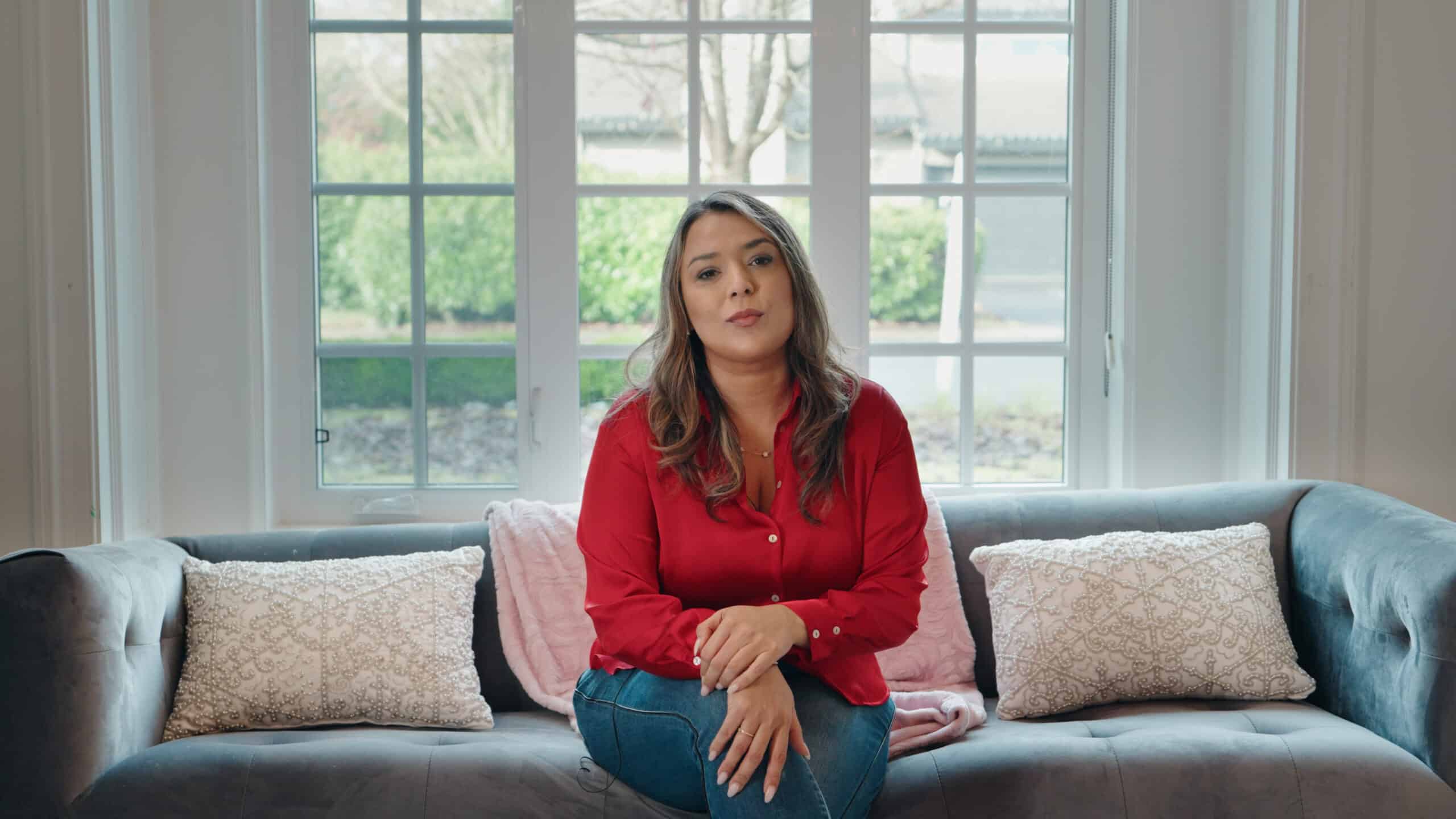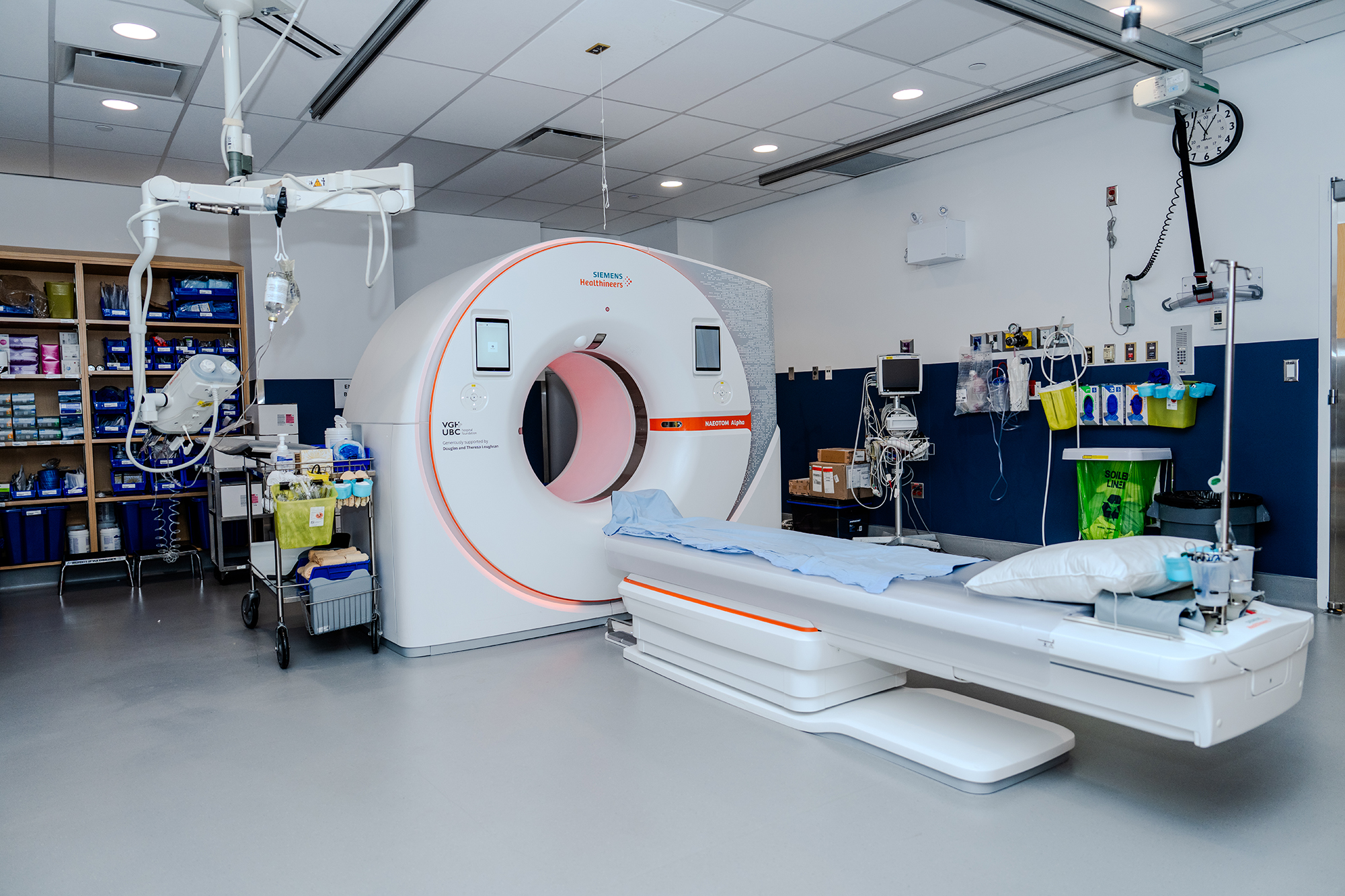
Vancouver General Hospital’s VGH and UBC Hospital Foundation is striving to create a better healing environment for Lower Mainland mental health patients while changing the face of mental illness. Follow our four-part series each Sunday from March 2-23, as we feature some of the faces of mental illness and those working to fight its stigma. This week, we talk to longtime Vancouver radio show host Jon McComb about his lengthy battle with mental illness.
The faces of mental illness aren’t at all how society portrays them.
“The only time you really hear about somebody with mental illness is when it’s somebody on the Downtown Eastside … or it’s somebody who’s had a psychotic break,” Vancouver’s longtime CKNW talk show host Jon McComb told The Province. “(People assume) you’re crazy, you’re unstable, you’re unpredictable, you’re potentially dangerous.
“That’s a very, very small percentage of what mental illness looks like … mental illness looks a lot like me.”
McComb has suffered from clinical depression for most of his life, and while today he speaks openly about it and is involved with various causes, it took most of his lifetime to reach this point of acceptance.
He is currently championing for the VGH and UBC Hospital Foundation’s “Changing the face of mental illness” campaign, which is raising money for a new mental health treatment facility, the Joseph & Rosalie Segal Family Health Centre.
“My first inclination was to try to push it down,” McComb said of his depression, explaining it began in his teenager years, like when he found his mother dead on the living room floor at the age of 17. (I wanted to) soldier on … and try to live a normal life.”
But it wasn’t that easy. “I was always down, I was always tired, I was always kind of miserable and I could never really put my finger on what it was,” he said.
Even when a doctor diagnosed him with depression and prescribed medication, he refused to accept it and instead turned to alternative medicines, “mega-vitamins,” hypnotherapy and self-help.
“I spent thousands of dollars trying to deal with this thing with little to no success,” he said. “But the longer I went (without medication), the more the problems – especially with anxiety – started to crop up.
“I’d been in broadcasting for 30-plus years and had done every possible news show that you can think of – and yet here I was, being incredibly anxious about being on the air.”
But he felt the need to be “in control” and felt he could beat it by himself.
“I had built up this thing in my mind that as soon as anybody found out that I was suffering from depression or anxiety that my career would be over,” he said. “I’m Jon McComb, a talk-show host … you know, I can’t have a mental illness.”
But by 2004, the facade he built came crashing down. He was forced to admit, “I can’t do this anymore.”
He was prepared to leave radio altogether, but instead realized how incredibly supportive CKNW was, telling him to take as much time as he needed and to return when he was ready. So, seven months later, after finding the right medication and some cognitive behavioural therapy, he returned to work.
“When I came back I never looked back,” he said. “Things are good … life for me is how I always envisioned it being.”
Naturally, his advice today is to seek help immediately.
“Don’t worry about what you think your friends will say, or what your employer will say,” he said. “It took me a long time to admit to myself that I had a mental illness … don’t let the guilt and all that other crap trip you up and get in the way, because the situation has changed quite dramatically. There is help and there’s nothing to be ashamed of.”
According to Dr. Soma Ganesan, VGH’s head of psychiatry, there’s been “tremendous change” and improvement surrounding the stigma associated with mental health thanks to prominent figures such as McComb.
“Ten or 15 years ago, nobody would talk about that,” Ganesan said.
McComb continues to fight against the stigma that held him back for so long, like with CKNW’s upcoming show dedicated to fundraising for VGH’s Joseph & Rosalie Segal Family Health Centre, due to open in early 2017. The new $82-million mentalhealth centre will replace the current 70-year-old building and will offer a vastly improved healing and recovery environment with private rooms, natural light and green space.
“You have to have an appropriate environment to treat people,” Ganesan said of the centre. “When you look at someone that’s getting treatment for mental illness, people go in this old building – it’s too old … which delays the recovery process and also reinforces the stigma. The environmental care is so important as part of the therapy process.”
By Larissa Cahute, Sunday Province
March 3, 2014
More support is needed, please donate.
Share this:



